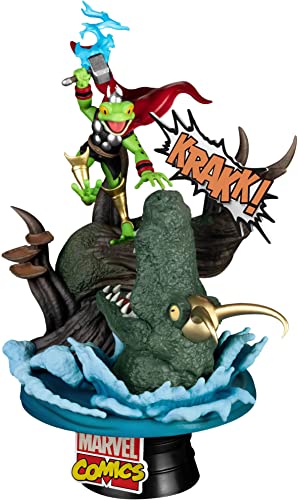“I left Doctor Who because I could not get along with the senior people. I left because of politics. I did not see eye-to-eye with them. I didn’t agree with the way things were being run. I didn’t like the culture that had grown up, around the series. So I left, I felt, over a principle.
“I thought to remain, which would have made me a lot of money and given me huge visibility, the price I would have had to pay was to eat a lot of ****. I’m not being funny about that. I didn’t want to do that and it comes to the art of it, in a way. I feel that if you run your career and– we are vulnerable as actors and we are constantly humiliating ourselves auditioning. But if you allow that to go on, on a grand scale you will lose whatever it is about you and it will be present in your work.
“If you allow your desire to be successful and visible and financially secure – if you allow that to make you throw shades on your parents, on your upbringing, then you’re knackered. You’ve got to keep something back, for yourself, because it’ll be present in your work. A purity or an idealism is essential or you’ll become– you’ve got to have standards, no matter how hard work that is. So it makes it a hard road, really.
“You know, it’s easy to find a job when you’ve got no morals, you’ve got nothing to be compromised, you can go, ‘Yeah, yeah. That doesn’t matter. That director can bully that prop man and I won’t say anything about it’. But then when that director comes to you and says ‘I think you should play it like this’ you’ve surely got to go ‘How can I respect you, when you behave like that?’
“So, that’s why I left. My face didn’t fit and I’m sure they were glad to see the back of me. The important thing is that I succeeded. It was a great part. I loved playing him. I loved connecting with that audience. Because I’ve always acted for adults and then suddenly you’re acting for children, who are far more tasteful; they will not be bull****ted. It’s either good, or it’s bad. They don’t schmooze at after-show parties, with cocktails.”




















